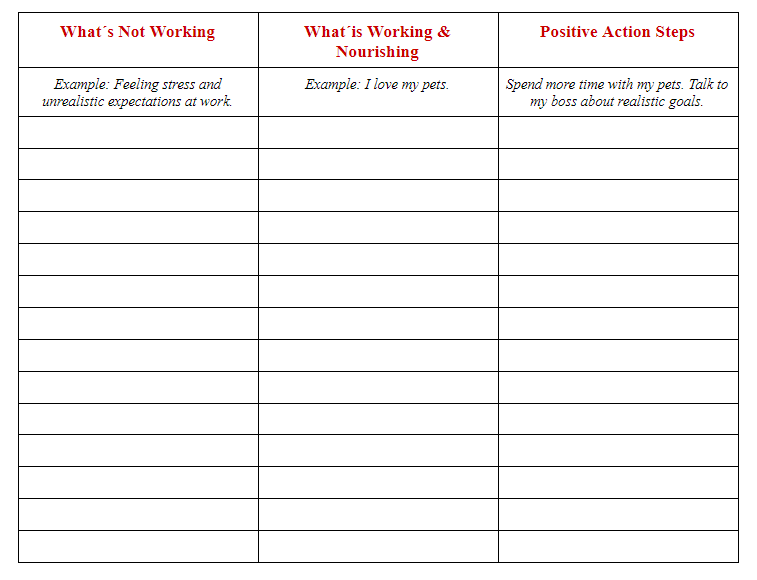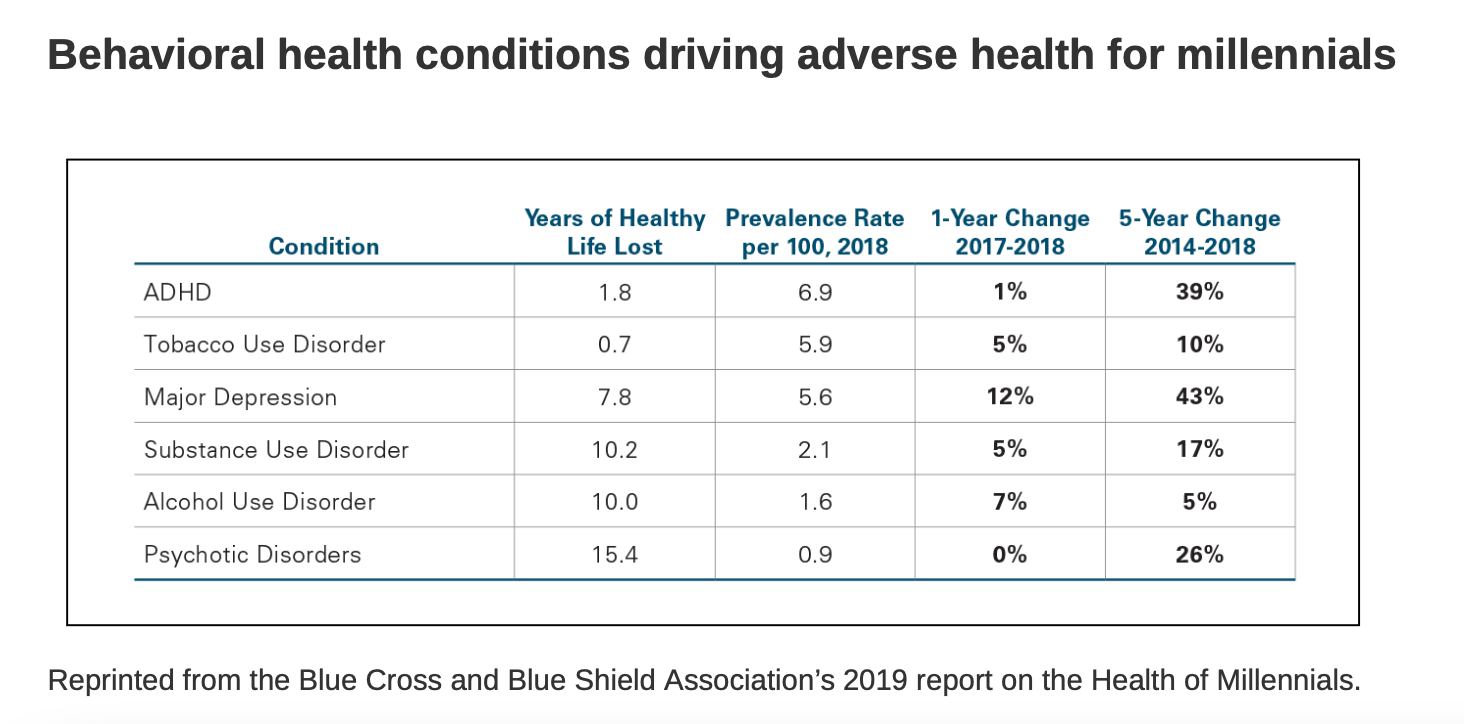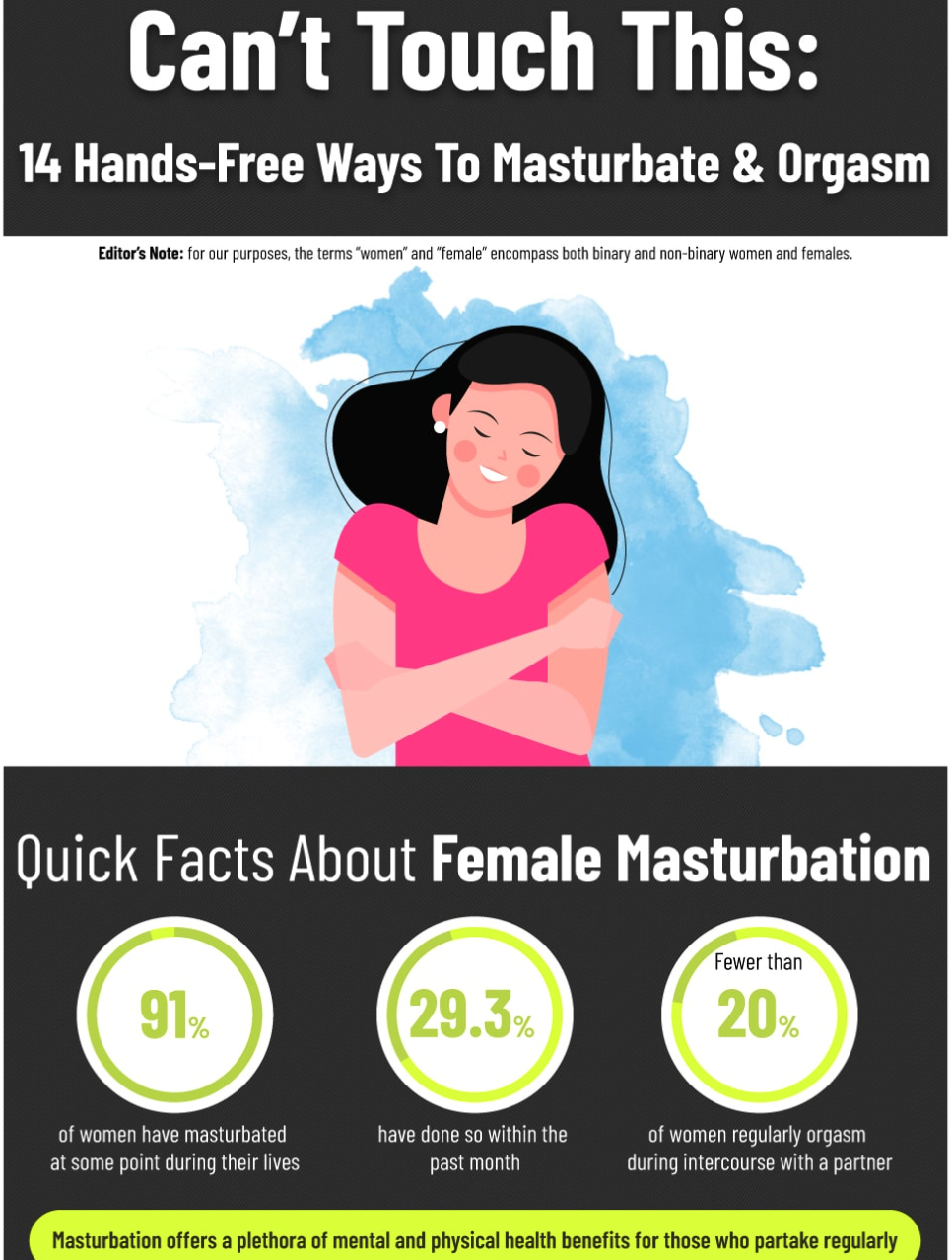Anxiety Quiz or Is My Life Out of Balance? [WORKSHEET]
Anxiety Quiz or Is My Life Out of Balance? [WORKSHEET]
By Francesca Gentille & Edited by Amanda Pasciucco
Do I need an anxiety quiz or is my life just out of balance? Sometimes when life is challenging, it can feel like anxiety and depression are taking over.
One might notice:
- Eating more or controlling/restricting food and movement
- Sleeping more or having trouble staying focused and awake throughout the day
- Sleeping less or having trouble sleeping
- Shopping more and becoming present less
- Feeling more irritable, withdrawn, depleted, depressed, or anxious
- Feeling more aches and pains
- Impulsively seeking substances more
- Having a lower sex drive or feeling sexually compulsive
These could be signs of:
-
- Hormonal imbalance
- Loss and grieving
- Systemic trauma and enculturation
- A life that is out of balance
If it is due to a life that it is out of balance that means that there are more situations, activities, relationships, agreements, or expectations that might be inauthentic, over giving, lacking in support, high in criticism or something else.
It might also mean that I am undernourished with situations, activities, and relationships that are replenishing.
I may also have unresolved trauma or missed functions from childhood that have me:
- Feel powerless and/or trapped
- Blame others for my emotions and thoughts
- Feel reactive, uncomfortable, and unsettled
- Feel fearful, anxious, and / or insecure
If I am noticing that I either feel collapsed, numb, unable to make choices, overgiving, resentful, and/or reactive, then this is a sign that I have Inner Work to engage in to heal from childhood trauma.
Not doing this Inner Work will deepen a sense of anxiety, reactivity, powerLESSness and depression.
If I am unclear, I make 3 lists.
- What is not working, or not working as well as I would like.
- What is working; Notice what nourishes me, gives to me, delights me, supports me, in some way.
- I make notes of where I can take positive action. (Taking positive action is taking my personal power to make requests, express boundaries, and invite collaborations. I cannot make anyone else do or feel anything. My empowerment is over myself not another.)
If the list of what isn´t working is short, the list of what is working is short, I know that the issue is NOT that my LIFE is out of balance, yet that there might be something physically and or mentally wrong. Get professional help for your anxiety and / or mental health issues and instead of taking a quiz, see a psychotherapist.
NOTE: Not all columns will be the same length.

If you have any questions, or for clients hoping to take their intimate lives to the next level through personalized sessions on YOUR terms, learn more about our Text Therapy Program.
About Life Coaching and Therapy
Life Coaching and Therapy (LCAT) is a therapy and coaching practice that transforms our clients lives through our flexible. Multi-technique approach and pleasure-skills training provided by systematically-trained and licensed therapists!
 Get to know our founder and owner, Amanda Pasciucco, (a.k.a. The Sex Healer) PhD, Licensed Marriage and Family Therapist (LMFT), and an AASECT Certified Sex Therapist (CST) that has developed innovative therapy programs and therapy videos that get results.
Get to know our founder and owner, Amanda Pasciucco, (a.k.a. The Sex Healer) PhD, Licensed Marriage and Family Therapist (LMFT), and an AASECT Certified Sex Therapist (CST) that has developed innovative therapy programs and therapy videos that get results.
Our team of compassionate, licensed therapists and certified sex therapists help all clients who visit us for a variety of personal, relationship, intimacy and sex problems.
LCAT provides on-site appointments, as well as video chat and text therapy programs.
Learn more about how LCAT can help improve your life at What We Do.









































